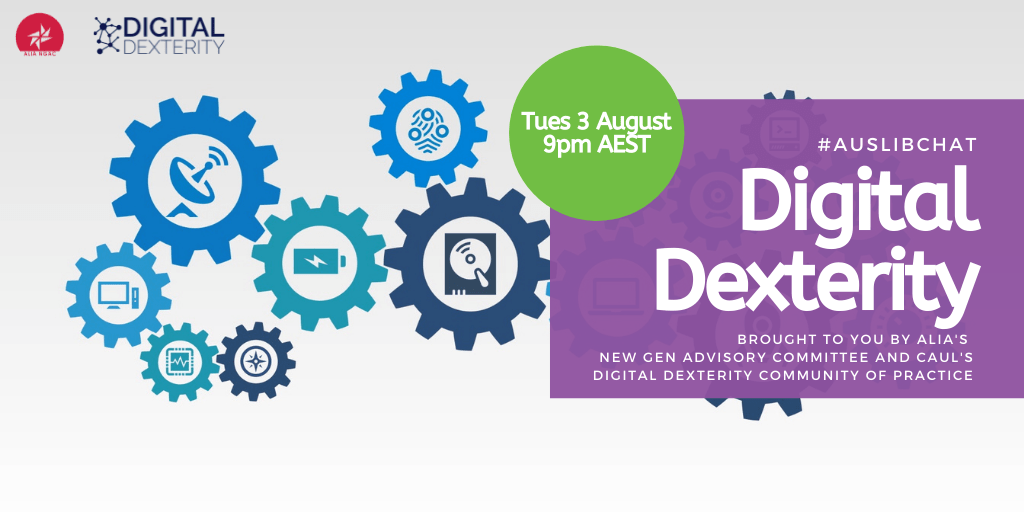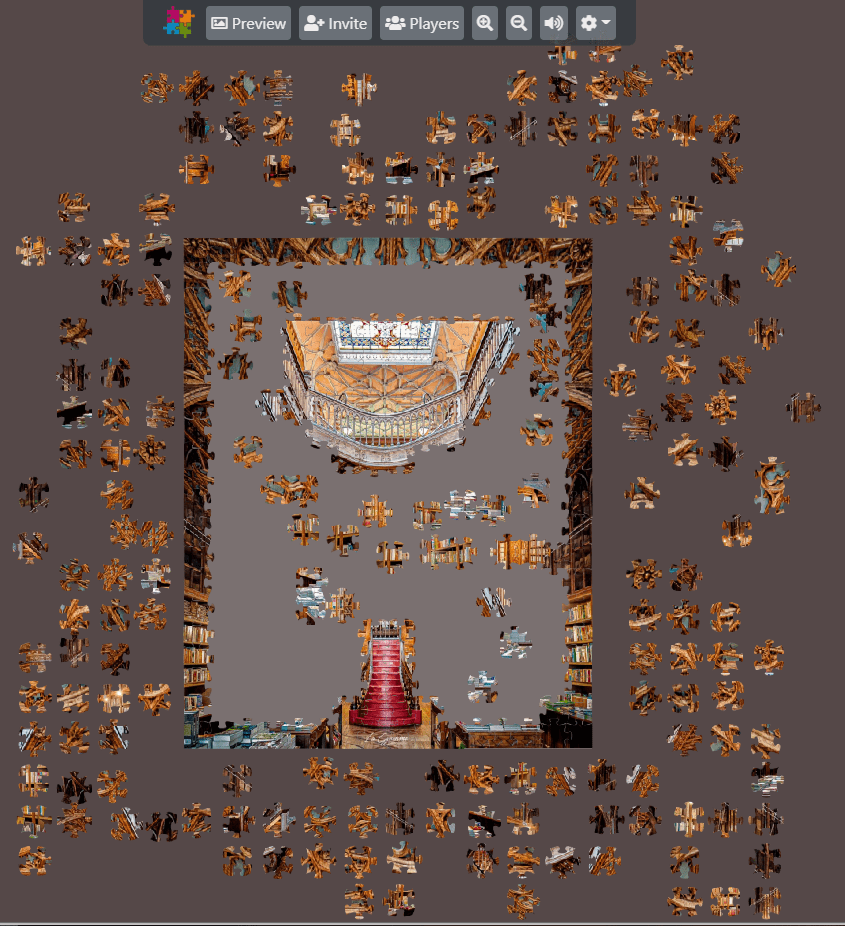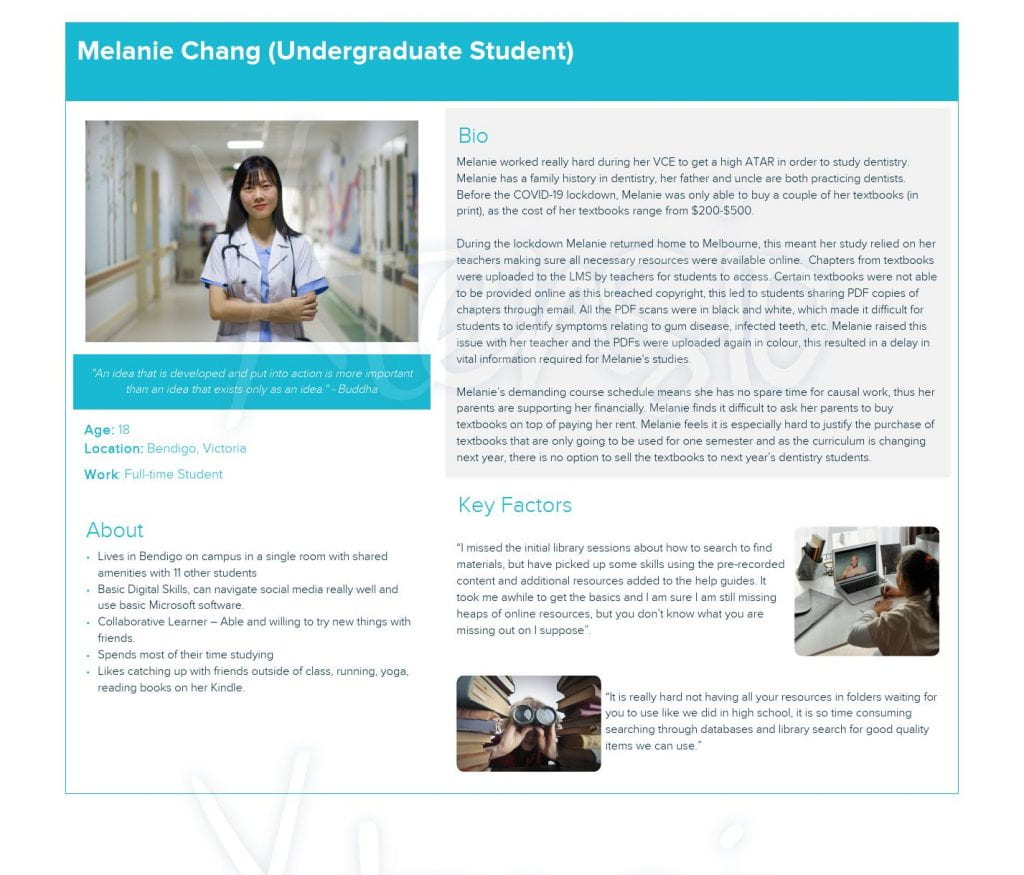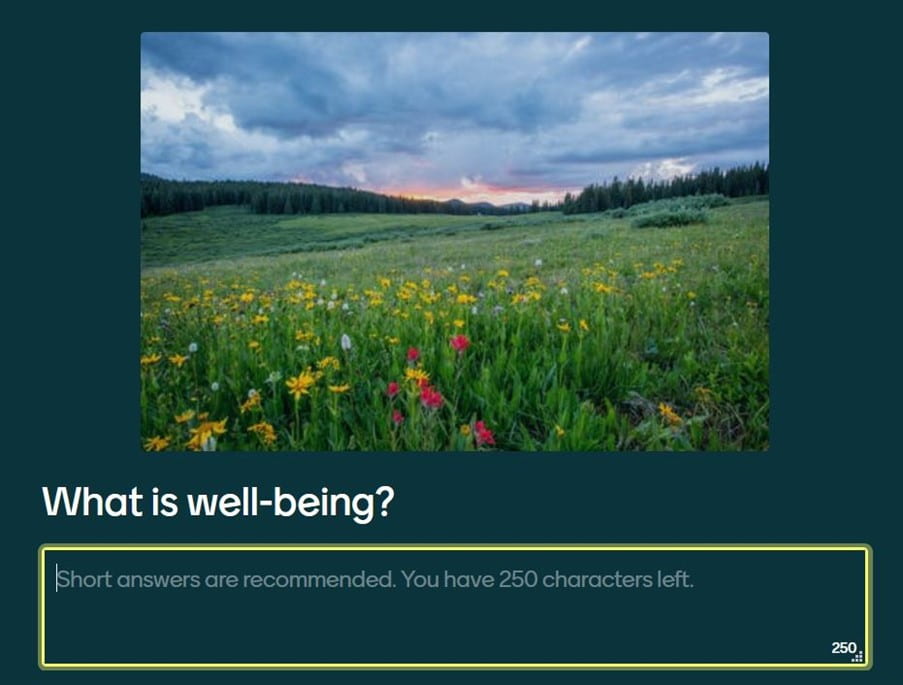by Peggy Hsu, Liaison Librarian, Federation University Australia, and Kayleen Wardell, Team Leader Client Services, Southern Cross University Library
Authors’ contact details: p.hsu@federation.edu.au and kayleen.wardell@scu.edu.au
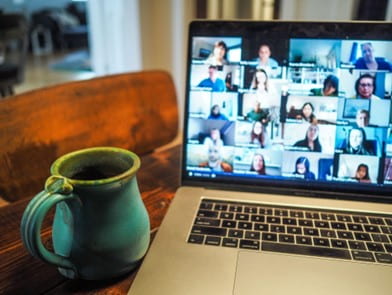
“The world is changed. I feel it in the water. I feel it in the earth. I smell it in the air.
Much that once was is lost, for none now live who remember it.”
J. R. R. Tolkien. The Fellowship of the Ring. 1954
It’s starting to happen again. Attending events in person and seeing friends and colleagues from other institutions face-to-face.
Kayleen and I both attended the ‘CAUL: Enabling a Modern Curriculum Conference’ in early September 2022, which had both online and in-person days to the program, so it felt like the appropriate time to interrogate and debate our thoughts on ‘in-person versus online professional development’.
Webinar fatigue
Peggy: I. Love. Webinars.
I can see a webinar from anywhere in the world. With webinars, I don’t hurt my neck or back if I’m seated sideways, and *whispers* I can run to the bathroom with my headset on and still listen to the webinar. Plus, the links and attendee chat are often interesting.
Kayleen: I. Love. In-person events.
I enjoy being in the same physical space with others and engaging with them on a very visceral level. I am energised by their enthusiasm and love working together on activities at the event. This can be exhausting, but not as much as ‘webinar fatigue’.
Connections and networking
Peggy: I am an introvert with ‘weird hearing’. I strain to filter all the conversations happening around me, plus I feel weird sidling up to a group, inserting myself and then having said difficulty hearing the conversation. Ugh!.
I also forget names, like really quickly. I’m sorry and embarrassed now.
Kayleen: For me, the most amazing part of an in-person event is meeting the people who until that moment had only been faces on a Zoom screen.
And during the breaks, it’s great to engage in ‘face to face’ serendipitous or ‘water cooler’ conversations. Especially when standing in front of the vast array of teas, trying to work out which flavour you want to try, and then finding out that the person standing next to you likes that same tea. A conversation then ensues about the other things that you have in common. Pure gold!
Costs: Money or Time (Travel)
Peggy: I’m about 90 minutes from Melbourne, so not that far. For me, the event should ideally be longer than the time it takes travelling and if it’s on the other side of Melbourne, add another hour. Plus, why are universities not near train lines?
Kayleen: I must admit that there are probably not many positives about the cost of travelling to an event in person. Unless the event is just around the corner or your boss is paying the bill. However, adding other activities to the trip, such as visiting colleagues in other libraries, can make it worthwhile.
Equity
Peggy: This article from Scientific American had some great points to make on equity provided by online events.
- Easier access for disabled or people with children.
- Environmentally friendlier, if you have a budget for travel.
- Lastly, online is great for diversity.
The information that really blew my mind though was research reported by Allseated that at online scientific conferences, female attendance increased by 253% and genderqueer attendance “jumped by 700%”.
Kayleen: Peggy has raised some excellent points around specific elements of equity for attendees at online events.
There is also some great information provided by the Australian Human Rights Commission on hosting in-person meetings and events to improve the experience of attendees.
Wrap-up
There are positives and negatives to in-person and online-only events. Hybrid seems to be the way forward, but the technology may not be ready in terms of pricing, access, and ease of set-up. Still, worse, we might be stuck in a binary where the only perceived options are in-person or online, and we aren’t displaying pandemic adaptability and innovation.
References
Allseated. (n.d.). The Return to In-Person Events: What’s Changed. Allseated. Retrieved January 30, 2023, from https://allseated.com/blog/the-return-to-in-person-events-whats-changed/
Australian Human Rights Commission. (2021). Hosting accessible and inclusive in-person meetings and events. https://includeability.gov.au/resources-employers/hosting-accessible-and-inclusive-person-meetings-and-events
Liu, G. (2020, August 21). The Surprising Advantages of Virtual Conferences. Scientific American. https://www.scientificamerican.com/article/the-surprising-advantages-of-virtual-conferences/
MyHub. (2022, May 24). Water Cooler Conversation: The Essential Guide For Hybrid Workplaces. https://www.myhubintranet.com/water-cooler-conversation/
Robinson, E. (2021, April 21). Study explains ‘cocktail party effect’ in hearing impairment. OHSU. https://news.ohsu.edu/2021/04/21/study-explains-cocktail-party-effect-in-hearing-impairment
The National Press Club (n.d.). Live, Virtual or Hybrid Events – Which Approach Is Best? The National Press Club. Retrieved January 30, 2023, from https://www.press.org/live-virtual-or-hybrid-events-which-approach-best
Wilson, A. (2021, September 15). What is Webinar Fatigue and how do we manage it? Lernium. https://www.learnium.com/2021/09/15/what-is-webinar-fatigue-and-how-do-we-manage-it/

